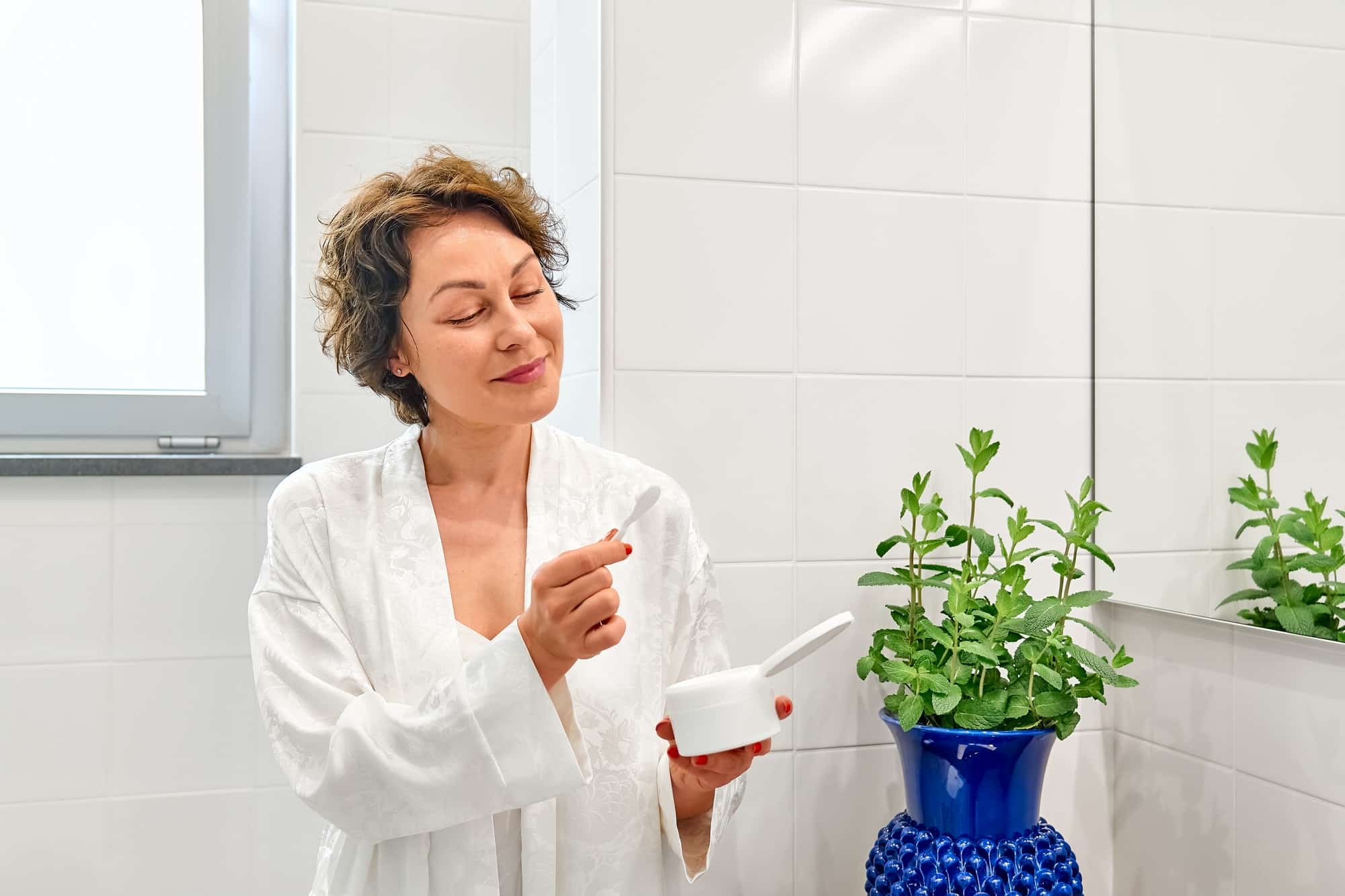What’s the Ideal Way to Hydrate a Pet Rabbit During Hot Weather?

Hydration is essential for all living beings, and our furry friends are no exception. It becomes particularly crucial during hot weather when the risk of dehydration increases. If you own a pet rabbit, you must know that these adorable creatures require special care when it comes to hydration. So, how can you ensure your pet rabbit stays cool and hydrated during the hot season? This article will guide you on the ideal ways to hydrate your pet rabbit during hot weather, and help you keep your bunny happy and healthy.
Understanding the Importance of Hydration for Rabbits
Before we dive into the specifics of how to keep your rabbits hydrated, it’s vital to understand why hydration is so crucial for them. Rabbits, like humans, are made up of a large percentage of water. Without adequate hydration, a rabbit’s body cannot function correctly, and a dehydrated rabbit can quickly become a sick rabbit.
En parallèle : How to Teach an Australian Shepherd to Herd Without Livestock?
Just as you would consult a wikihow or class on human hydration, it’s crucial to take the same approach with your pet. Water helps regulate a rabbit’s body temperature, especially during the heat. It also aids in digestion and the absorption of nutrients.
However, unlike humans, rabbits cannot sweat or pant to cool down. They can only release heat through their ears. So, during hot weather, rabbits are at a higher risk of heat stroke, a potentially fatal condition. Hence, it’s crucial to keep your rabbit well-hydrated and cool.
A voir aussi : How to Help Your Dog Adjust to a New Baby in the Family?
Providing Fresh Water for Your Rabbit
One of the simplest ways to hydrate your rabbit is by providing continuous access to fresh water.
Rabbits enjoy drinking from both a water bottle and a bowl. The choice between a bottle or a bowl will depend on your rabbit’s preference. But ensure that whichever method you opt for, the water is fresh and clean.
A water bottle is a good option as it can keep the water clean for a longer period. However, some rabbits may find it challenging to drink from it. Hence, you might need to train your rabbit to use a water bottle.
On the other hand, a water bowl is more natural for a rabbit, mimicking how they would drink in the wild. Bowls also encourage rabbits to drink more water. However, water in bowls can easily get contaminated with food, fur, and bedding.
Regardless of the method chosen, it is imperative to change the water daily. Stale or contaminated water can lead to health issues like diarrhea or bacterial infections.
Keeping the Cage Cool
Keeping your rabbit’s cage cool is another essential step to prevent dehydration.
One way to do this is to place the cage in a cool, shaded area, away from direct sunlight. You could also use fans, air conditioning, or damp towels draped over part of the cage. However, ensure that your fan or air conditioning is not directly facing the rabbit, as this could cause respiratory issues.
Another method to cool down the cage is by using cool tiles or terracotta pots. Rabbits will naturally lie against these cool surfaces, helping to reduce their body temperature.
Offering Hydrating Foods to Your Rabbit
Apart from drinking water, rabbits can also hydrate through their diet.
Many fresh fruits and vegetables have high water content and can contribute to your rabbit’s hydration. Some examples include cucumber, lettuce, celery, apples, and berries. However, these should be given in moderation, as too much can lead to health issues like obesity and dental problems.
Remember, while hydrating foods can supplement water intake, they should not replace the daily supply of fresh water.
Recognizing Signs of Dehydration in Your Rabbits
Despite your best efforts, rabbits can still become dehydrated, especially during hot weather. Hence, it’s important to recognize the signs of dehydration.
A dehydrated rabbit may appear lethargic, have sunken eyes, a dry mouth, and warm ears. If you suspect your rabbit is dehydrated, consult a vet immediately.
To sum up, hydrating your pet rabbit is not merely about providing water; it also involves keeping them cool, offering hydrating foods, and being vigilant about their health. Remember, a hydrated rabbit is a happy and healthy rabbit.
How to Train Your Rabbit to Drink from a Bottle or Bowl
Training your rabbit to drink from a bottle or bowl is an important task. Not only does it ensure that they can properly hydrate themselves, but it also adds an element of convenience for you as a pet owner.
If you’re using a water bottle, start by introducing it to your rabbit in a controlled environment. Place the bottle at a height that’s accessible for your rabbit, typically at the level of its head. You may need to show your rabbit how to use the water bottle by gently pressing its mouth against the nozzle. This should encourage them to lick and sip the dripping water. Patience is key during this process.
If you prefer using a water bowl, the training might be more natural. Keep in mind that bowls can quickly become contaminated with food, fur, and bedding, so you should regularly clean and refill it to prevent any health issues.
In either case, remember to change the water every day, and watch for signs of dehydration, such as sunken eyes or a dry mouth. If you notice any of these symptoms, contact a vet as soon as possible.
Remember, it’s not only about providing water; keeping your rabbit cool and offering hydrating foods also play a significant role.
Conclusion: Ensuring Proper Hydration for Your Pet Rabbit
In conclusion, ensuring your pet rabbit is properly hydrated during hot weather is essential for their overall health. Adequate hydration helps regulate a rabbit’s body temperature, aids in digestion, and facilitates the absorption of nutrients.
Providing continuous access to fresh, clean water, whether through a water bottle or a bowl, is the most straightforward step. Training your rabbit to use these devices can take some time, but the benefits of having a well-hydrated and healthy rabbit are well worth the effort.
Keeping the cage cool is another important aspect to consider. Utilizing fans, damp towels, and cool tiles can help manage the temperature within the enclosure.
Remember, hydrating foods can supplement water intake but should not replace the regular supply of fresh water. Being vigilant about your rabbit’s health and recognizing the early signs of dehydration can make a significant difference.
We hope this article has been helpful and informative in understanding the vital role of hydration in your pet rabbit’s life during the hot season. Here’s to keeping your bunny happy, healthy, and hydrated!
